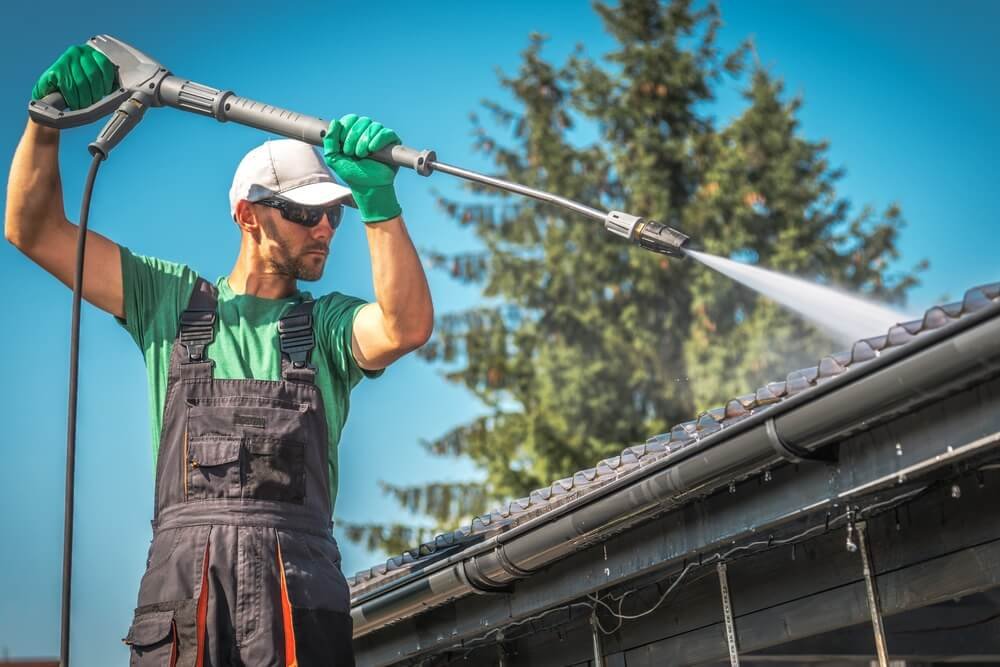
Will the city pay for tree removal?
When you have a large tree on your property that you would like to get removed, you may start to look at some of the different tree removal services and find that they are expensive. Whether the tree is an eyesore or it is posing some danger on the property, you may wonder who is responsible for removing it and whether you can get the city to pay for it.
The city will generally not pay for tree removal on personal property lines, says SRQ Tree Care & Removal Service, a great choice for Sarasota tree removal. You are the one responsible for removing the tree safely and effectively. However, if the tree is posing a danger to you and your residents, the city may be willing to come and trim the tree away from power lines and other dangers. In some extreme cases, the city may remove the tree to provide safety. In most cases, though, the property owner is the one responsible for removing the tree from their own property.
There are many reasons why you may want to consider removing a tree from your property. You may be worried that it will get cut on the power lines, or it may just be dying, and you do not want it to stay on the property any longer. Let’s take a look at how you can remove the tree and whether the city will pay for it or not.
Can I Get the City to Pay for Tree Removal?
When you have a tree on your property that is in the way or does not look that good, you may start to consider whether it is time to cut down the tree and get it removed or not. But the cost of hiring a professional to do this work can be difficult, and most homeowners do not want to pay for it in the first place. This can cause them to wonder whether the city will come and remove the tree, especially if the tree is about to get tangled in power.
In most jurisdictions, it is the responsibility of the homeowner to take care of any trees that grow on the property. The city is not likely to do any work to remove the tree at all. They will help with trimming down the tree, so if it is close to hitting the power lines or causing other danger because the limbs are too long, you can call up the city and have them do that for you.
There are some situations where the city may agree to remove the tree and pay for the costs, but these are rare. If the tree poses a big hazard to others in the neighborhood, especially on a property that may be abandoned, then they may step in and get the tree removed to avoid issues later on.
Depending on the situation, you may be able to talk to your insurance and see whether they are willing to remove the tree for you or at least cover the costs. This will depend on the individual policy that you have in place and what the reason is for removing the tree in the first place. You can talk to your insurance agent to learn more.
How Much Does It Cost to Remove a Tree?
No matter who is responsible for removing the tree, it is important to look at some of the costs associated with getting this task done. There are many factors that will influence how much it costs to remove your tree, such as how big the tree is, how long it will take to remove, how many trees you wish to remove, and the location of the tree, such as is it by some major power lines.
On average, you can expect to pay somewhere between $500 to $2000 for tree removal. Keep in mind that this is going to be just to take the tree down. It will cost more for you to have the tree hauled off your property, usually another $75 o $150 for the tree. This will depend on the size as well. You should get a few quotes to see how much removal of the tree will be around your home.
Removing a Tree Off Your Property
There are many reasons why you would want to consider removing a tree from your property, but in most cases, you will need to pay for the work on your own, and the city will not help you out. Depending on where the tree is located and how much of a nuisance it is, you could talk to your city to help get it trimmed down or discuss with your neighbor whether the two of you can go together on cutting it down and removing it if the tree is close to the property lines.



